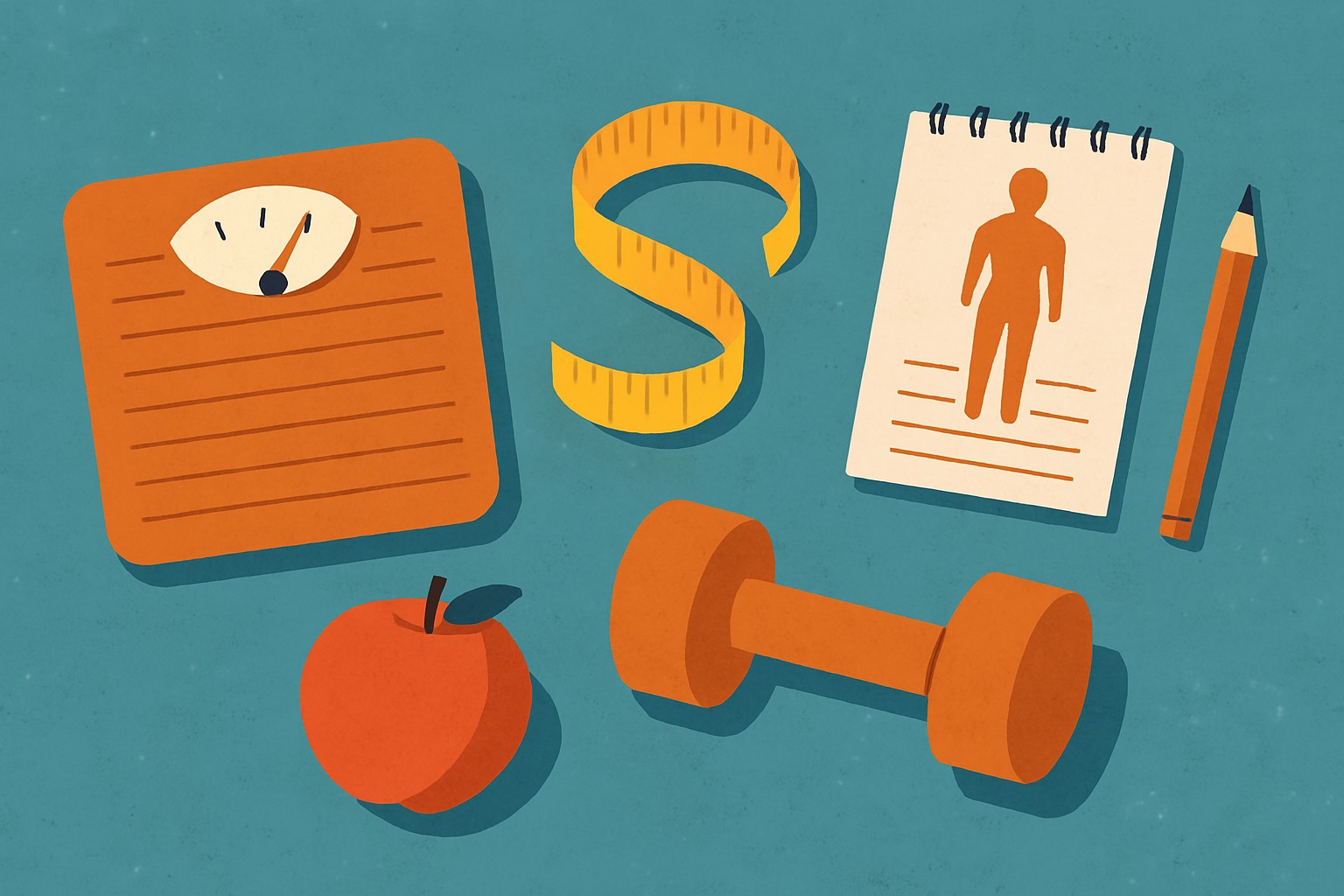Harnessing the Power of the Stress Score Calculator
In today’s fast-paced world, stress has become a constant companion for many of us. From work deadlines to personal responsibilities, it seems like there is always something vying for our attention. While a small amount of stress can be motivating and even beneficial, chronic stress can have serious effects on both our mental and physical health. This is where a stress score calculator can be a game-changer in helping us better understand and manage stress levels in our lives.
The stress score calculator is a powerful tool that provides a snapshot of your current stress level. By assessing factors like your workload, personal life, and emotional well-being, it helps identify areas where you may need to focus on self-care. This tool is designed to not only give you a score but also provide actionable insights into how you can manage stress in healthier ways.
In this article, we’ll explore what a stress score calculator is, how it’s calculated, and why it’s an invaluable tool for improving your well-being. Whether you’re facing burnout at work or struggling with personal pressures, understanding your stress level is the first step toward taking control of your health and happiness.
Stress Calculator
What is a Stress Score Calculator?
A stress score calculator is a tool designed to help you assess your current level of stress. It takes into account various factors that can contribute to stress, such as work pressure, personal relationships, health concerns, and emotional well-being. The goal is to give you an accurate, personalized score that reflects your stress level, helping you to identify patterns and triggers in your life.
Stress is often referred to as the “silent killer” because it can manifest in a variety of ways—mentally, emotionally, and physically. While occasional stress is a normal part of life, chronic stress can lead to burnout, anxiety, depression, heart disease, and other serious health conditions. By using a stress score calculator, you can get a clearer picture of how stress is affecting you and take steps to manage it more effectively.
The calculator typically uses a series of questions about your lifestyle, habits, and emotional state to generate a stress score. This score gives you insight into whether your stress level is manageable or if it’s reaching a level that may require intervention.
How is the Stress Score Calculator Calculated?
The calculation behind a stress score calculator is based on various inputs that assess your stressors and coping mechanisms. The tool typically asks questions related to several areas of your life, such as:
Workload and Job Pressure: How demanding is your job? Are you facing tight deadlines or dealing with a high-pressure work environment? Work-related stress is one of the biggest contributors to overall stress levels.
Personal Life and Relationships: Are your personal relationships causing stress? This could include issues with family, friends, or romantic partners. Conflict in relationships can be a significant stressor.
Physical Health: How is your health affecting your stress levels? Conditions such as chronic illness or sleep problems can add to your overall stress burden.
Emotional Well-being: Are you feeling overwhelmed, anxious, or depressed? Emotional well-being plays a large role in how we experience and manage stress.
Coping Mechanisms: How do you typically handle stress? People with healthy coping mechanisms, such as exercise, mindfulness, and social support, tend to manage stress better than those who rely on unhealthy habits like overeating or excessive drinking.
Each of these areas is weighted based on its potential to influence your stress levels. The calculator then uses the answers you provide to generate a score that represents your overall stress level. In some cases, the calculator might also provide additional recommendations based on your score, such as techniques for managing stress or suggestions for improving work-life balance.
The result can help you understand where your stress is coming from and give you the opportunity to take steps toward reducing it. Whether it’s through lifestyle changes, self-care practices, or seeking professional help, the stress score calculator is the first step toward regaining control over your life.
The Impact of Stress on Mental and Physical Health
Stress affects more than just your mood—it has a profound impact on your mental and physical health. While a small amount of stress can be motivating and help you stay focused, chronic stress can lead to serious long-term health problems. Understanding the effects of stress is key to recognizing why it’s so important to keep it in check.
Mental Health
Stress can have a significant impact on your mental health. Prolonged exposure to stress can contribute to anxiety, depression, and burnout. The constant feeling of being overwhelmed or under pressure can create a cycle of negative thinking that exacerbates stress. Over time, this can affect your self-esteem, your ability to concentrate, and your emotional well-being.
Stress can also disrupt sleep patterns, leading to insomnia or restless nights. A lack of sleep can worsen feelings of anxiety and depression, creating a vicious cycle that’s difficult to break. Mental health issues related to stress can also manifest as irritability, mood swings, and feelings of hopelessness.
Physical Health
The physical effects of stress can be just as damaging as the mental ones. Chronic stress has been linked to a variety of physical health problems, including:
Heart Disease: Prolonged stress increases the production of cortisol, a hormone that can raise blood pressure and increase the risk of heart disease.
Digestive Issues: Stress can interfere with the digestive system, leading to problems like indigestion, ulcers, and irritable bowel syndrome (IBS).
Weakened Immune System: Chronic stress suppresses the immune system, making you more susceptible to infections and illnesses.
Weight Gain or Loss: Stress can lead to changes in appetite, either causing overeating or a loss of appetite, both of which can affect weight.
The physical impact of stress can take a toll on your body’s ability to function optimally. By identifying the stressors in your life and understanding how they’re affecting your body, you can take steps to reduce their impact and improve your overall health.
Why is the Stress Score Calculator Important?
Understanding your stress level is the first step toward managing it effectively. The stress score calculator provides a simple, yet powerful, way to assess the impact of stress in your life. By identifying areas where stress is overwhelming, you can take targeted action to reduce its effects and improve your overall quality of life.
Personalized Insight: The calculator gives you a personalized score based on your unique circumstances. This helps you identify which areas of your life need the most attention, whether it’s work, relationships, or health.
Tracking Progress: By using the stress score calculator regularly, you can track your progress over time. It serves as a useful tool for monitoring how your stress levels change and whether your stress management techniques are working.
Better Decision-Making: When you know your stress level, you’re better equipped to make decisions that prioritize your well-being. You can adjust your work habits, set healthier boundaries in relationships, and implement self-care practices to reduce stress.
Prevention: The stress score calculator helps you catch stress early before it becomes overwhelming. By addressing stress early on, you can prevent it from escalating and causing long-term health problems.
The calculator is not just a diagnostic tool—it’s a gateway to improving your life. It empowers you to take charge of your stress and create healthier habits for the future.
Managing Stress: Tips and Techniques
Once you’ve used the stress score calculator and identified your stress levels, the next step is taking action. There are various strategies and techniques you can implement to manage stress effectively. While everyone is different, the following methods can be helpful for most people:
Mindfulness and Meditation: Mindfulness practices, such as meditation or deep breathing, can help you stay present and calm in stressful situations. These practices help reduce the body’s stress response and improve mental clarity.
Physical Activity: Exercise is one of the most effective ways to reduce stress. Physical activity increases the production of endorphins, the body’s natural mood elevators, and helps relieve tension.
Time Management: Sometimes, stress comes from feeling overwhelmed by too many tasks. Learning how to manage your time effectively can help you stay organized and reduce feelings of pressure.
Social Support: Talking to friends, family, or a therapist can provide emotional support and help you work through your stress. Social connections are a vital part of stress management.
Sleep: A good night’s sleep is essential for stress recovery. Lack of sleep increases stress, so making sleep a priority can help you feel more refreshed and better equipped to handle challenges.
Healthy Habits: Eating a balanced diet, avoiding excessive caffeine or alcohol, and practicing relaxation techniques can all contribute to better stress management.
Take Control of Your Stress
Stress is an unavoidable part of life, but it doesn’t have to control you. By using a stress score calculator, you can gain insight into your stress levels and take proactive steps to manage them. Understanding your stress score is the first step toward creating a healthier, more balanced life.
The impact of chronic stress can be profound, but with the right tools and techniques, you can reduce its effects and improve both your physical and mental health. Start using the stress score calculator today and take the first step toward a more peaceful, energized, and fulfilling life.




